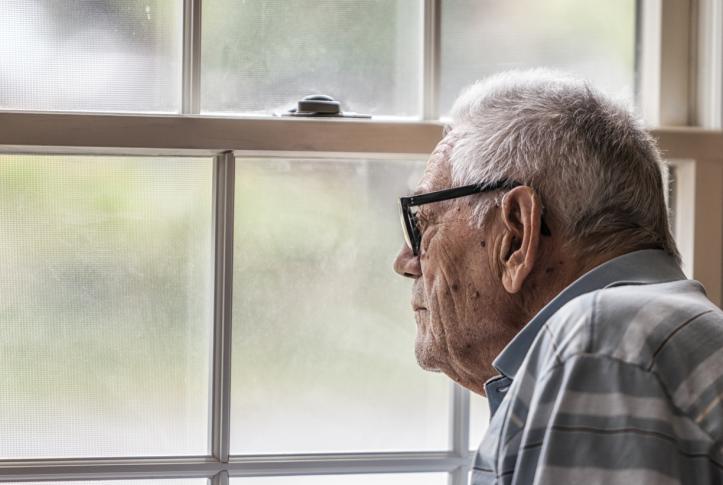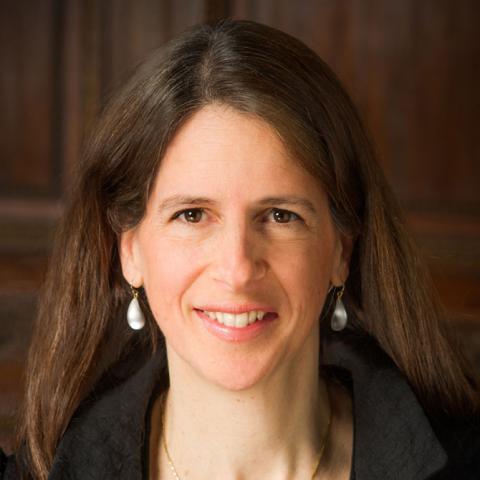Medicaid has been the subject of debate recently—with issues raised about eligibility, financing, and potential work requirements for beneficiaries. More fundamentally, there have been questions about who Medicaid covers and how well it helps them. According to data from the Commonwealth Fund’s Survey of High Need Patients, nearly half of adults with Medicaid are 50 or older; many have multiple chronic conditions, behavioral health problems, or physical limitations or disabilities. Any changes to the Medicaid program could disproportionately affect many of our neediest, sickest Americans.
Roughly one of five U.S. adults ages 50 to 64 is covered by Medicaid. Of the “sicker” adults in this group—that is, those with multiple major chronic conditions, limited ability to perform daily tasks like preparing meals or bathing, and/or disabilities—nearly half rely on the program.
Many beneficiaries have gained coverage through the Affordable Care Act’s Medicaid expansion. Of the sickest adults ages 50 to 64 who are covered by Medicaid, about two-thirds live in states that expanded eligibility as of July 2016. The American Health Care Act, as passed by the House of Representatives, would end Medicaid expansion in 2020. According to the Congressional Budget Office, under this bill, the share of uninsured older adults with incomes under 200 percent of poverty—$24,000 for a single adult—would more than double.
Medicaid coverage helps fill an important gap for these older Americans and their families.
My mother is on Medicaid. Through Medicaid, we have a community care program in which we have about 20 hours a week where people come in. They are close friends of the family that my mother’s very comfortable with. On those days, that’s my one opportunity to get out and go to the store or go to my doctor’s appointments. That’s been a fabulous help.
Yet, while Medicaid helps with many key concerns, not all are addressed. Many patients with a high level of medical needs also have unmet social needs that may exacerbate their medical conditions.1 And older, sicker adults with Medicaid are more likely to report being worried or stressed about having enough money to pay the rent or mortgage, to pay for utilities, or to buy nutritious meals.
Given that older, sicker Americans struggle to make ends meet, Medicaid offers critical assistance because it helps to make their health care more affordable. Among older, sicker adults, those covered by Medicaid are less likely than those with other insurance or no insurance to skip doses or not fill a prescription for their medications because of the cost. All states offer Medicaid beneficiaries help with outpatient prescription drug costs, providing critical help—particularly to aging adults who are not yet old enough for Medicare Part D coverage. These adults are less likely than those without Medicaid to have any cost-related issues with accessing care, such as tests and specialist visits.
Medicaid cuts—and state decisions not to expand Medicaid—disproportionately affect millions of older, sicker Americans. If Congress continues to consider restructuring Medicaid funding or dropping funding for expansion, the impact on aging adults should be an important part of the discussion.
For more information on how Medicaid helps states, see: How Medicaid Helps Your State
For more information on the future of Medicaid, see: Unpacking the House Republican Policy Brief: Would Medicaid’s Role as Public Insurance End?
For more information on the Affordable Care Act repeal debate, see: ACA Repeal Debate resource page
For more information on our nation’s high-need patients, see: How High-Need Patients Experience Health Care in the United States
Notes
1 D. Bachrach, H. Pfister, K. Wallis et al., Addressing Patients’ Social Needs: An Emerging Business Case for Provider Investment (The Commonwealth Fund, May 2014); J. M. McGinnis, P. Williams-Russo, and J. R. Knickman, “The Case for More Active Policy Attention to Health Promotion,” Health Affairs, March 2002 21(2):78–93; and S. A. Schroeder, “We Can Do Better—Improving the Health of the American People,” New England Journal of Medicine, Sept. 20, 2007 357(12):1221–28.

